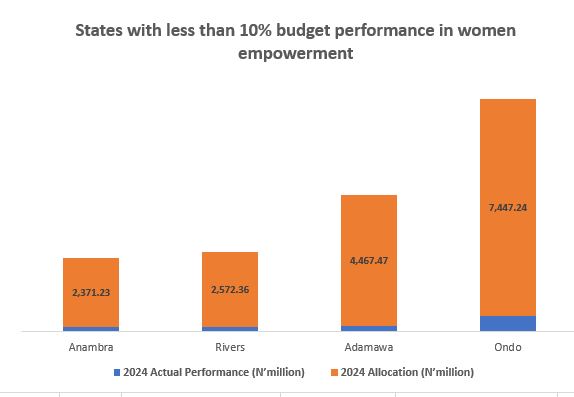As Muhammadu Buhari prepares to take over the reins of power on Friday, one crucial economic task facing his government is the resuscitation of resource-based industries that have shut down or are deteriorating.
Resource-based industries explore natural minerals such as limestone, gypsum, feldspar, quartz, silica and others obtained from the ground. They also include industries that exploit naturally-given agricultural and petrochemical raw materials for productive activities.
These include ceramics, glass, plastics, fertilizer, cement, salt and starch industries, among others.
ŌĆ£Resource-based industries are a major objective of industrial policy,ŌĆØ said the Manufacturers Association of Nigeria (MAN), headed by Frank Udemba Jacobs, in an industrial memorandum sent to Buhari, NigeriaŌĆÖs president-elect.
ŌĆ£The spread of mineral resources across the country provides an opportunity for industrial dispersal. In the area of agribusiness, the resource base which spreads across the country also provides similar opportunity for spatial industrial policy,ŌĆØexplained the manufacturers.
According to MAN, a clear-cut strategy on resuscitation of resource-based industries would involve provision of infrastructure in industrial clusters.
Most resource-based industries have closed down as a result of the absence or dearthof power, manpower or huge funding for the exploitation of the natural resources. In the ceramics industry, Richware Ceramics, based in Ilupeju, Lagos; Modern Ceramics, Umuahia; and Nigeria Grob Ceramics, Abeokuta, Ogun state, among many others, have gone into extinction, as a result of a dearth┬Ā of power,┬Ā skilled manpower and lack of significant investment in silica, quartz and feldspar.
ŌĆ£I believe if we are serious about industrialisation, we should look at investments in these minerals to help our struggling industries,ŌĆØ said Patrick Oaikhinan, professor of ceramics engineering and chief executive officer (CEO), Epina Technologies Limited, in an interview with BusinessDay.
The situation is also not different in the plastics industry, where polymer and other raw materials used in producing industrial plastics are imported.
Joseph Makoju, group executive director, Dangote Group, attributed the problems in the plastic sector to the inability of the country to develop a virile petrochemical industry.┬Ā ┬Ā
Makoju, the former head of the defunct Power Holding Company of Nigeria (PHCN), said the primary petrochemical industry, which produced raw materials for plastic fabrication industry, consumed a lot of power, stressing that anticipated high capital expenditure on diesel, which┬Ā could erode profitability, was an entry barrier to the industry in the country.
ŌĆ£The result is that the capital entry barrier into the petrochemical industry is much higher in Nigeria than in countries where grid power is readily available,ŌĆØ he said, during an event organised by the Lagos Chamber of Commerce and Industry (LCCI) entitled ŌĆśPower Generation and its Effects in the Petroleum Downstream Industry.ŌĆÖ
Makoju, who was represented by Knut Ulvmoen, deputy president, LCCI, said high spending on diesel, had also discouraged investors from establishing hi-tech plastic manufacturing firms, where precision machinery and power reliability were critical.
Many resource-based industries in the country rely on Europe, Asia and Africa for raw materials. Currently, only 48 percent of raw materials used in NigeriaŌĆÖs manufacturing sector is sourced locally.
This means that the country is exporting jobs and reducing the possibility of earning more foreign exchange from abroad, owing to its inability to develop the raw materials sector to meet the quality and quantity needed by local producers.
ŌĆ£Nigeria needs to pay closer attention to the development of gypsum and other resources. No manufacturer will be glad to import any raw material if it is available in adequate quantity and quality,ŌĆØ Joe Hudson, immediate past managing director, Lafarge Wapco, said in an earlier interview with BusinessDay.
ODINAKA ANUDU








